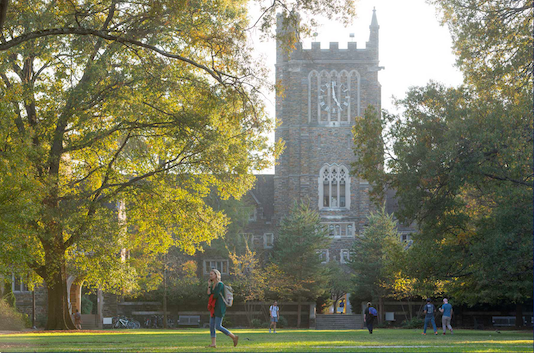Interweaving Nets and Networks: Brevican's influence on hippocampal interneuron function

Activity-dependent neuronal plasticity is a fundamental mechanism through which the nervous system adapts to sensory experience. Several lines of evidence suggest that parvalbumin (PV+) interneurons are essential in this process, but the molecular mechanisms underlying the influence of experience on interneuron plasticity remain poorly understood. Perineuronal nets (PNNs) enwrapping PV+ cells are long-standing candidates for playing such a role, yet their precise contribution has remained elusive. We show that the PNN protein Brevican is a critical regulator of interneuron plasticity. We find that Brevican simultaneously controls cellular and synaptic forms of plasticity in PV+ cells by regulating the localization of potassium channels and AMPA receptors, respectively. By modulating Brevican levels, experience introduces precise molecular and cellular modifications in PV+ cells that are required for learning and memory. These findings uncover a molecular program through which a PNN protein facilitates appropriate behavioral responses to experience by dynamically gating PV+ interneuron function.
Mariah Hazlett is a second-year student in the Neurobiology Graduate Training Program.






